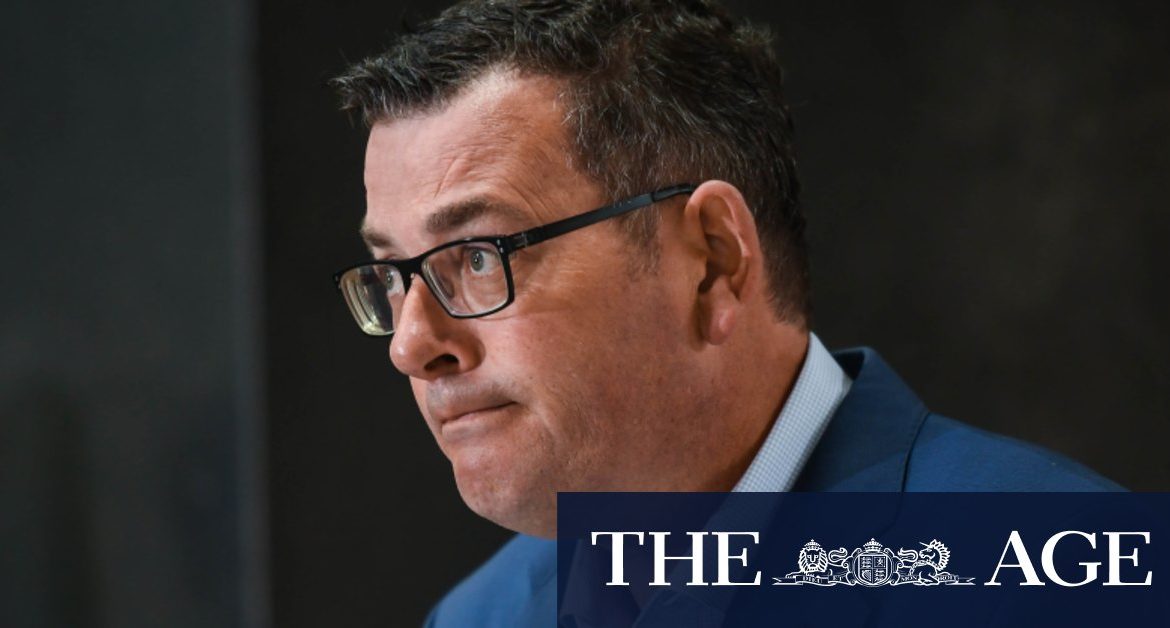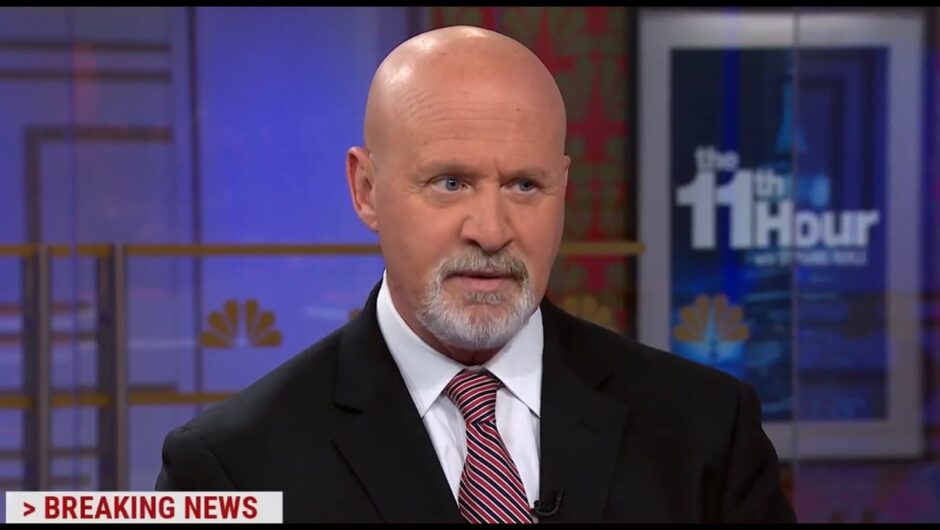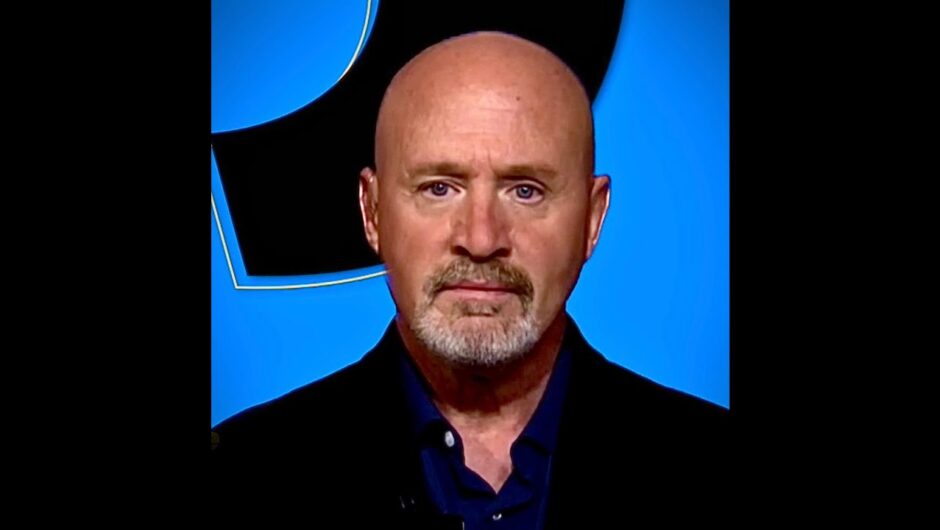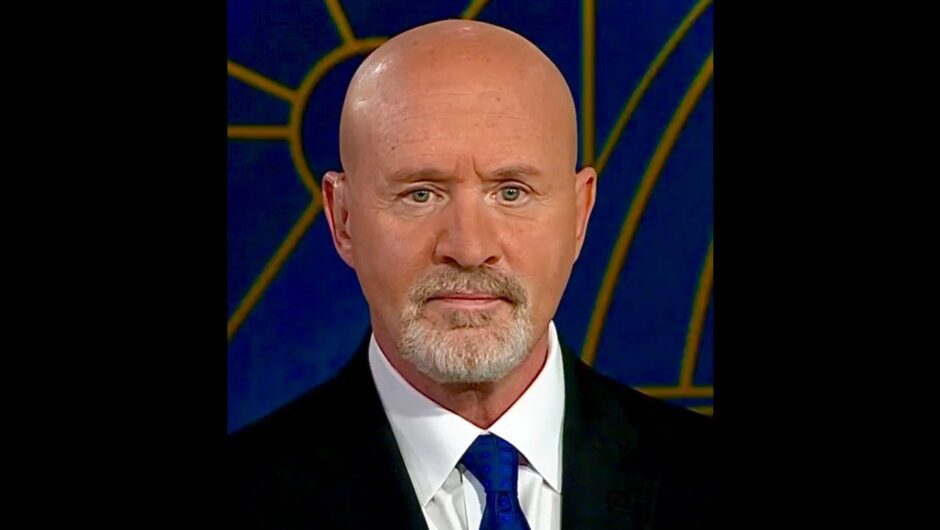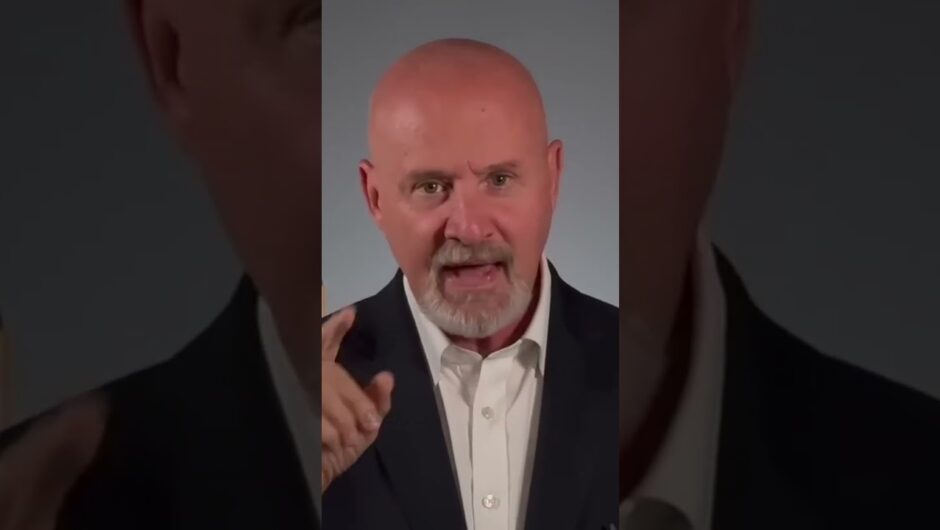Loading
Ms Armytage said governments over the years had failed to adequately invest in mental health services, with people turned away because they “weren’t sick enough or suicidal enough”.
“It is unacceptable to wait for service,” Ms Armytage said.
“We must acknowledge as a broader community we have allowed the system’s failings to go for too long.”
Premier Daniel Andrews has committed to implementing all 65 recommendations made in the report, which he said would “serve as our blueprint for the biggest social reform in a generation”.
Mr Andrews said the royal commission report revealed “one inescapable truth: we are failing. And it is costing lives.”
The royal commission found the present system was not designed or equipped to support the diverse needs of people living with mental illness or psychological distress.
“Many people who ask for help are turned away unless they are in absolute crisis,” the report said.
It recommended that between 50 and 60 new adult and older adult local mental health services with extended hours be established across the state to minimise the need for people to travel far to access services.
Rigid catchments, where people can only receive specialist services based on their place of residence, would also be dismantled under the recommendations.
Loading
“Service providers will never turn people away on the basis of where they live,” the royal commission said in its summary.
Ms Armytage said the under-resourcing of the mental health system had led to an over-reliance on medication.
The royal commission said some of its recommendations were a first for Victoria, such as a new agency led by people with lived experience of mental illness, and establishing lived experience leaders throughout the system.
“Some challenge the system’s traditional focus on medication alone by highlighting the importance of community and places in shaping mental health and wellbeing,” the report said.
The royal commission found consumers continued to have their human rights breached through compulsory treatment and the use of seclusion – the sole confinement of a person to a space from which they can’t escape – and physical restraints.
Lucy Barker, a witness before the royal commission, who has significant trauma from compulsory treatment, said the measures taken were extreme.
“You wouldn’t treat anyone else that way, but because you are perceived to have a mental illness, you can be restrained to a bed for hours or thrown in a seclusion room or chucked in the back of a divvy van or jabbed in the butt, and then knocked unconscious for a day,” Ms Barker said.
“It’s that kind of stuff that makes compulsory treatment terrible.”
The royal commission recommended the government act immediately to ensure compulsory treatment was used only as a last resort and set targets to reduce the use and duration of compulsory treatment on a year-by-year basis.
“We are not convinced compulsory treatment is used as a last resort,” Ms Armytage said.
Loading
The royal commission said the government should act immediately to reduce the use of seclusion and restraints in mental health and aim to eliminate these practices within 10 years.
It also recommended a new Mental Health and Wellbeing Act and an independent Mental Health and Wellbeing Commission to hold the government to account.
“During our early consultations, one participant told us, ‘We don’t want to fill in the potholes, we want an entirely new road’,” Ms Armytage said.
“With these final report recommendations, we have designed a system that is an entirely new road.
“It has been fundamentally reformed – there are no Band-Aids.”
Mental Health Victoria chief executive Angus Clelland described the release of the report as the most significant development in mental health since de-institutionalisation in the 1990s.
“For too long, Victorians have had few options but to present to hospital emergency departments or to suffer in silence. The reforms announced today will change all that,” he said.
Youth mental health expert Patrick McGorry, who chaired a committee that provided advice to the royal commission, said it was a “watershed” moment to begin addressing the failures of mental health systems.
Loading
“A major part of this report is to offer expert care much much earlier,” Professor McGorry said.
“We wouldn’t dare turn away two out of three people who have chest pains and dismiss them, that it’s not serious enough.”
Each year one in five Victorians will experience mental illness, with about 200,000 meeting the criteria for severe mental illness, such as schizophrenia or bipolar disorder. Last year there were 698 deaths by suicide in Victoria.
The royal commission found hospital emergency departments were being used as entry points, with people unable to obtain the right treatment when it would benefit them the most.
Loading
Amilia Morris, 22, said that following a suicide attempt about six years ago she ended up in the local hospital emergency department.
She said staff attempted to find a bed in the mental health ward but there was nothing available in the state.
“As a result of my interactions with the mental health system, my trust in something that was supposed to help me disappeared,” she said.
“I felt abandoned when I just really needed support. Even when I wanted to die, I struggled to get help.”
Last November the Victorian government pledged $870 million – including 120 mental health beds in Geelong, Epping, Sunshine and Melbourne – acknowledging the “broken” mental health system had been strained even further under the pressures of the COVID-19 pandemic.
It also said the government would invest $2.2 million to begin designing the Victorian Collaborative Centre for Mental Health – a key recommendation of the royal commission’s interim report.
Catch all the day’s headlines
At the end of each day, we’ll send you the most important breaking news headlines, evening entertainment ideas and a long read to enjoy. Sign up here.
Jewel Topsfield is social affairs editor at The Age. She has worked in Melbourne, Canberra and Jakarta as Indonesia correspondent. She has won multiple awards including a Walkley and the Lowy Institute Media Award.
Sumeyya is a state political reporter for The Age.
Most Viewed in National
Loading

